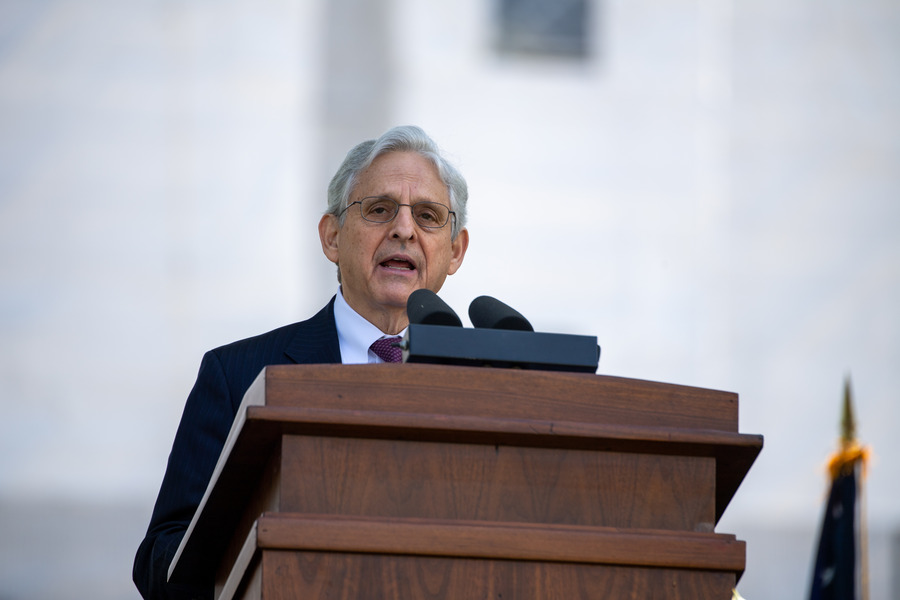D.C. Circuit Rules Trump is Not Immune from Prosecution
Published by The Lawfare Institute
in Cooperation With

Editor's note: Join Benjamin Wittes, Quinta Jurecic, Roger Parloff, Scott R. Anderson, and Natalie K. Orpett for a live discussion unpacking the D.C. Circuit's opinion at 4 p.m. ET today. Watch the livestream here.
On Feb. 6, the U.S. Court of Appeals for the D.C. Circuit ruled that former President Donald Trump is not immune from prosecution in the government’s case against him for his role in the Jan. 6 attack.
Trump had previously moved to dismiss his indictment and asserted executive immunity from prosecution, arguing that criminal liability for former presidents “would inhibit a sitting President’s ability to act ‘fearlessly and impartially,’ citing the ‘especially sensitive duties’ of the President and the need for ‘bold and un hesitating action.’”
In the unanimous 57-page decision, the court ruled that Trump—and any other former president—can be prosecuted for alleged crimes they committed while in office. The court concluded that Trump’s arguments for immunity were unconvincing, and that “the risk that former Presidents will be unduly harassed by meritless federal criminal prosecutions appears slight.”
Further, the court determined that, “For the purpose of this criminal case, former President Trump has become citizen Trump, with all of the defenses of any other criminal defendant. But any executive immunity that may have protected him while he served as President no longer protects him against this prosecution.”
Trump has until Feb. 12 to petition the Supreme Court to review the D.C. Circuit’s opinion.
You can read the court’s unanimous opinion and order here or below:
Opinion
Order





